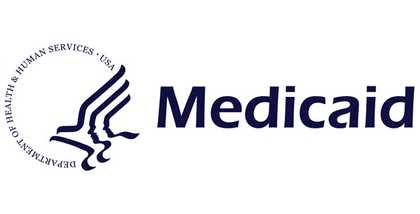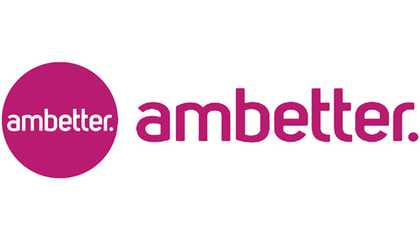Do you have a Flexible Spending Account (FSA) or Health Savings Account (HSA)? If so, it’s important to know how your specific account works so you can use your money before you lose it!







$149 New Patient Special!*
Includes comprehensive exam, full mouth x-rays and a cleaning for new patients without insurance.
Do you have a Flexible Spending Account (FSA) or Health Savings Account (HSA)? If so, it’s important to know how your specific account works so you can use your money before you lose it! Money in these accounts doesn’t always roll over into the next year, so it must be used during the calendar year it’s set aside for, particularly when it comes to your FSA. It’s also important to make sure you’re getting the most from your dental insurance benefits by the end of the year. If you’ve been considering dental or orthodontic treatment, now’s the perfect time to put your FSA, HSA or dental insurance benefits to use.
FSA
A Flexible Spending Account can be set up through your employer. This type of pre-tax savings account allows you to put money into it that can be used for certain out-of-pocket health care expenses. You don’t have to pay taxes on this money, meaning you can save big on certain medical and dental expenses. If you, your spouse or your dependents need dental or orthodontic treatment, you can use your FSA funds to pay for it. However, it’s important to note that any money in your FSA must be used by the end of the year or end of your grace period. You will lose anything left in the account after that.
HSA
A Health Savings Account allows you to use untaxed dollars to pay for qualified medical expenses, including certain dental and orthodontic treatments. You could qualify for an HSA if you’re covered under a high-deductible health insurance plan. Unlike an FSA, the money in your HSA is yours to keep. Your funds will automatically roll over each year until the money is spent, and you can use your HSA funds for eligible medical and dental expenses for yourself, your dependents and your spouse. An HSA can also earn interest over time, which isn’t taxable.
Dental Insurance
Most dental insurance plans reset annually on January 1. With that said, it’s easy to see why it’s crucial to make the most of your benefits by the end of December. There’s a cap on how much most major insurance companies will pay each year, and if you haven’t used the full amount by the end of the year, it will not roll over to the next. If you need to schedule a preventative visit or get a specific procedure taken care of, try to do so before your plan resets.
Taking the Next Step
You can use your FSA or HSA to pay for qualified dental and orthodontic expenses. This applies to both adults and eligible dependents/children in your family. Remember that you can only use your FSA or HSA for what has not already been covered by your dental insurance. Common treatments and procedures that are typically eligible include:
- Braces
- Teeth cleaning
- Extractions
- Dentures
- Root canals
- Extractions
- Bonding
- Crowns
- Dental reconstruction
- TMJ treatment
Looking Ahead
Most companies have an open enrollment period near the end of each calendar year which allows you to make changes to your current benefits. Make sure you consider your dental needs for 2022 when making these decisions, as having dental insurance and/or an FSA/HSA could be a great way to make sure you and your family receive the dental care you need next year.
Put your tax-free funds to good use! Ready to schedule an appointment? Contact us today.









